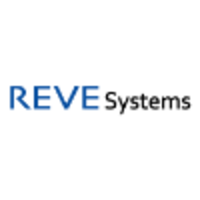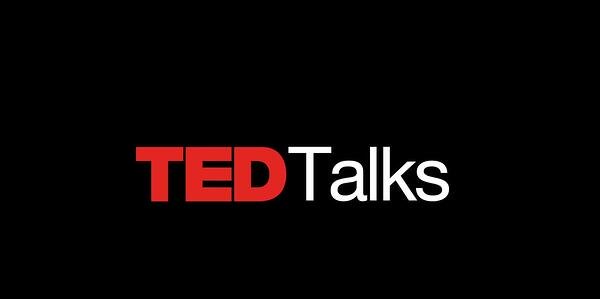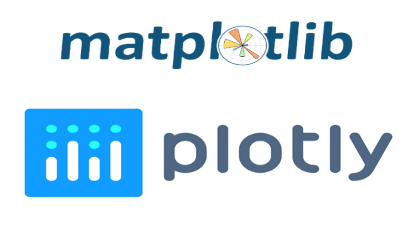|
I am a Ph.D. candidate in Computer Science at North Carolina State University under the supervision of Dr. James Lester in the IntelliMedia Lab . My disseration is on an online Reinforcement Learning framework for AI-driven learning environments where I focus on creating a unified framework for devising personalized pedagogical support for human-centric RL using synthetic data. I believe AI will play a pivotal role on shaping next-generation education for supporting students by contextualizing individial needs in terms of engagement and learning outcomes. I finished my MSc in Computer Science from North Carolina State University with CGPA 3.8/4.0 and BSc in Computer Science from Bangladesh University of Engineering and Technology with CGPA 3.63/4.0. I am expecting to complete my PhD in Spring 2024. During my PhD, I did multiple internships in the industry, gathering professional experience in software engineering and machine learning. Before joining NC State, I worked as a Software Engineer in Research and Development department of Reve System Ltd. for one and a half years. Email / Alternate Email / Resume / GitHub / LinkedIn / Twitter / Google Scholar |

|
|
My research interest is to provide personalized pedagogical support to student based on individual students' needs and behaviors to in AI-Driven Learning Environemnts using Deep Reinforcement Learning, Deep Learning, Multimodal Learning, Data Mining, and Machine Learning techniques. My work focuses on understanding personalized scaffolds in terms of hints, feedback, and explanations leveraging limited-sized dataset. I am using deep Reinforcement learning, both in online and offline context, with limited-sized dataset for providing adaptive support to student based on their behaviors and prior knowledge in AI-driven learning environments like educational games, narrative-centered learning environments, and intelligent tutoring systems. I am developing a multi-agent modular framework for online RL-based personalized pedagogical support in narrative-centered learning environments that I believe AI will play a pivotal role on shaping next-generation education for supporting students by contextualizing their individial needs in terms of engagement and learning outcomes. I work on multiple projects that encompasses a wide range of collaborations across many institution including Indiana University, Vanderbelt University, University of Central Florida, and University of North Carolina Chaple Hill. I am also responsible in developing educational softwares like game-based learning environments. I am also a part of EngageAI Institute, a multi-institute project by NSF that is shaping up the next generation of learning environments through interactive narratives. |
|
My MSc research was focused on AI-driven for software engineering using machine learning and data mining. I worked with Dr. Tim Menzies in the RAISE lab. I investigated machine learning-based approaches for identifying self-admitted technical debts in source codes (developer comments left as potential bugs or improvments). We leveraged human-in-the-loop techniques along with total-recall apporaches as natural language processing that achieved 83% recall with 16% data. I also worked closly with Lexius Nexux for solving test-case prioritization for automated UI testing for early failure detection using classical machine leanring. |
|
|
 |
Worked as a member of the People You May Know (PYMK) Team. Implemented a deep reinforcement learning model called Bid And Rank Together (BART) that encorporate individual user's perference and friending history to provide friend request suggestion in homepage of Facebook. |
 |
Worked as a member of the Facebook Creators Well-Being (BCWB) Team. Implemented a graph neural network embedding using that contextualizes users' previous comment history, comment interactions, and preferences for ranking comments in public profile posts in Facebook for enhancing engagement. |
 |
Worked as a member of Project Engineering (PE) Team. Developed six SVN repository organizing and monitoring tools for PE team. Created an SVN Splitter that splits projects into new repositories and wipe-out bad commit histories. |
 |
Worked in research and development (RnD) department of Reve Systems as part of the billing team. Worked closely with sales, customers, mobile team, and testing teams for developing and maintaining multiple projects. |
|
|
 |
|
 |
|
JournalsConferencesBook ChaptersArXivs |
|
|
 |
Course Project (CSC791 Foundation of Software Engineering and Data Science) - Data Mining, Machine Learning, Word Embedding, Hyper-parameter Optimization, Multi-processing, Clustering, Classification Developed clustering based SVMmodels with automated hyper-parameter optimization to understand the similarities between posts using word embedding. 10% speedup and 5% better F1 score over the baselien of over the baseline of Majumdar et al. 2018. |
 |
Course Project (CSC591 Algorithms for Data Guided Business Intelligence) - Data Mining, Recommendation System, PySpark, Embedding, Python Build a artist recommendation system based using ALS algorithm using Spark RDD and Dataframe on pySpark library. Used available dataset from Spotify. |
 |
Course Project (CSC522 Automated Learning and Data Analysis) - Data Mining, Machine Learning, Word Embedding, Hyper-parameter Optimization, Noise Reduction, Feature Reduction, Classification Analyzed different regression and classification approaches to predict the impact of TedTalk using heterogeneous data merging. Implemented the complete data-mining pipeline such as feature reduction, normalization, vectorization, noise reduction etc. |
 |
Course Project (CSC510 Software Engineering) - Static Analysis, Code Smells, Repository Mining, Statistics, Python Compared the Code Smells, Runtime, Render-time, Community and Repository structures etc. Findings: although Plotly offeres many state-of-the-art functionalities like cross language integration, web integration, interactive graphs etc., Matplotlib is still a Safer (Code Smells and Oper-source community) and Cheaper (Runtime and Render Time) choice over Plotly. |
|
National Hackathon Project (2016) - PHP, MySQL, HTML, CSS, Codeigniter, Bootstrap Two day National Level Hackathon in Bangladesh. This website was designed to show the trash location, current environemtal hazards. Two different types of users were used. One Admin type, who manages the databases and updates, while a regular user, who can post new hazard locations. This project was in the Top 10 Projects under Environemnt Category. |
|
|
Course Project (BUET - Undergraduate) - Java, OOP, Game Engine, Animation, Sprites, File Handeling A course project on OOP. A platform game created from scratch. Learned about game loop, animation, game physics etc. |